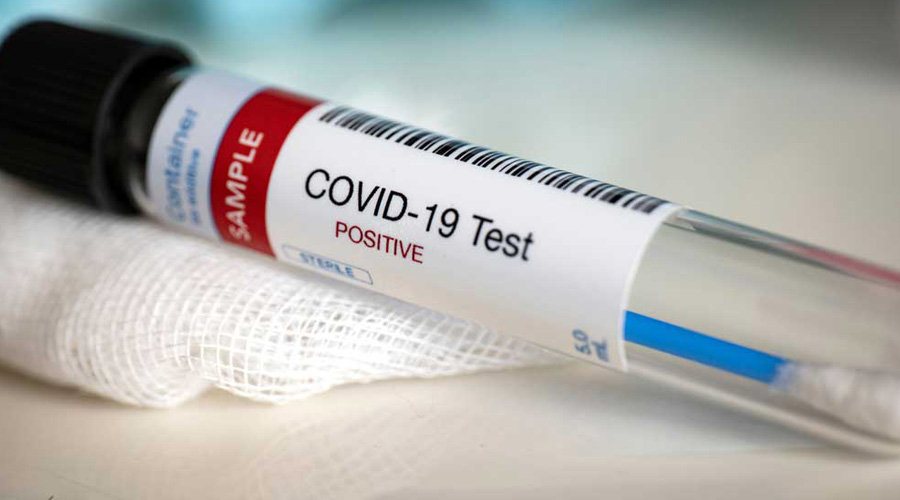India plans to sequence the whole coronavirus genomes from five per cent of Covid-19 positive cases in all states to enhance surveillance for early detection and containment of the fast-spreading UK variant.
A national task force on Covid-19 decided on Saturday to expand genome sequencing through nationwide sampling of five per cent of the positive cases. Scientists say the initiative would also provide better insights into Covid-19 variants already circulating in India.
Routine sampling of positive cases for genome sequencing is an idea health authorities in Kerala had adopted over a month ago after a pilot study in September to sequence 100 samples from each of the state’s 14 districts each month.
The task force had called a meeting to discuss testing, treatment and surveillance strategies amid concerns that it is critical to detect and prevent the spread in India of the variant named B.1.17 with increased transmissibility reported by UK scientists.
The Union health ministry said on Saturday that around 50 Covid-19 positive samples from people who have returned from the UK in recent days are under whole genome sequencing analysis in designated government labs.
The ministry had earlier this week recommended a temporary suspension of flights from the UK and directed surveillance authorities to genome sequence any positive cases with a history of travel from the UK since November 25.
Scientists say the plan to sample five per cent of positive cases nationwide will address speculation whether the UK variant might already be in circulation in the country but has remained undetected because of limited coronavirus sequencing efforts.
India had up to Saturday sequenced only 6,370 viruses isolated from among over 10.16 million cases, in contrast to more than 157,000 virus sequenced in the UK which has had around two million cases.
Eight labs, including the National Institute of Biomedical Genomics, Kalyani (Bengal), will do the genome sequencing. The others are in Delhi, Bangalore, Hyderabad, Bhubaneswar and Pune.
The five per cent sampling would mean 1,000 samples would need to be sequenced if the number of positive cases is 20,000. Scientists in some of the labs say they have the capacity to sequence 3,000 genomes ever 24 hours.
“Kerala obviously saw the value in genome sequencing months ago,” said a senior scientist.
After an experimental study in September led by doctors at the Calicut Medical College, Kerala’s health department in November approved a proposal by a Council of Scientific and Industrial Research lab to sequence 100 viruses every month from the state’s 14 districts.
“Regular genomic surveillance is critical to understand how the virus mutates and whether the mutations might have any implications on the behaviour of the virus,” the scientist said.
Mutations emerge spontaneously in the virus and efforts are underway worldwide to catalog these genetic changes and determine whether they might impact testing or treatment strategies.
Although the B.1.1.7 variant reported from the UK and a few other countries spreads from person to person more easily, medical researchers say there is no evidence that the variant has any impact on the infection severity or the need for hospitalisation.
At Saturday’s meeting, the national task force determined there is no need to change treatment strategies for the UK variant.
But health officials consider early detection and containment of the variant as critical to prevent large-scale spread within India.
The Covid-19 epidemic in India has steadily shrunk since mid-September with around 280,000 active patients on Saturday.











